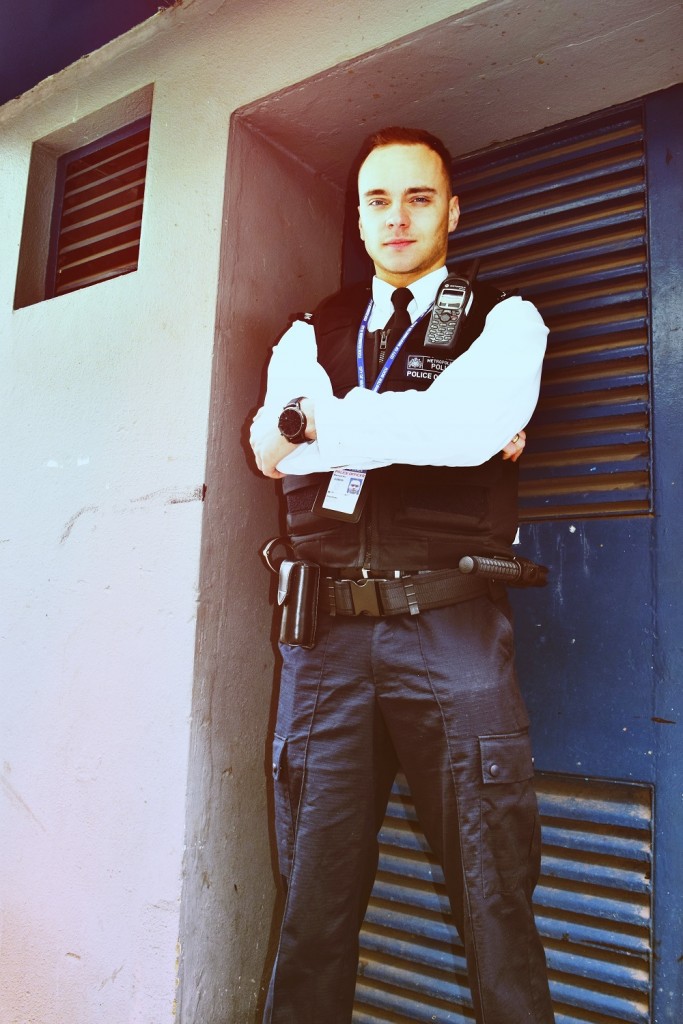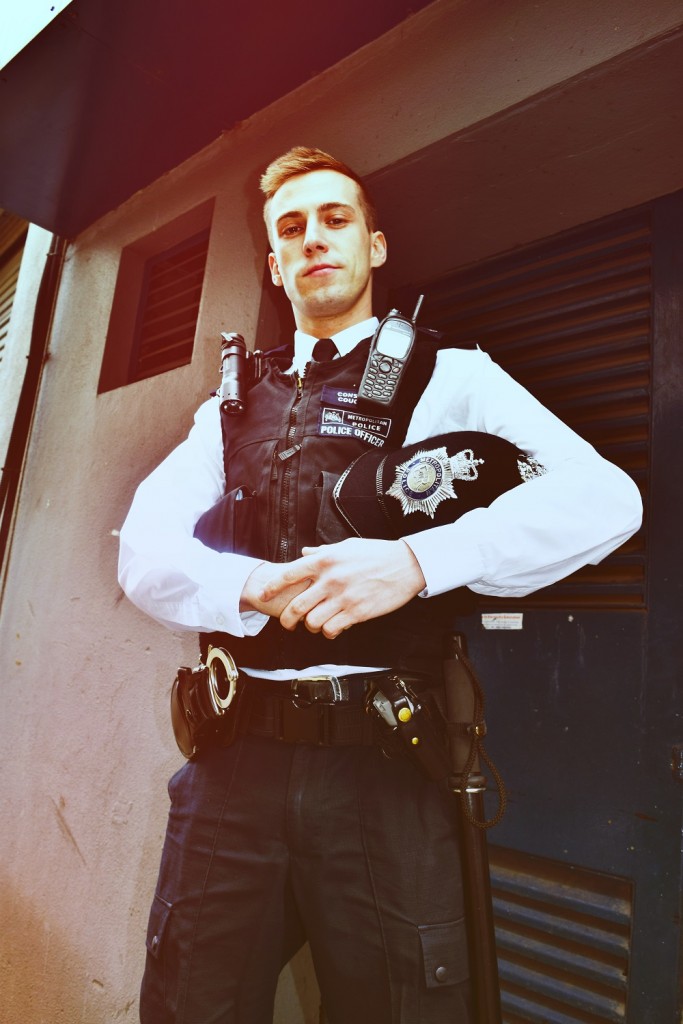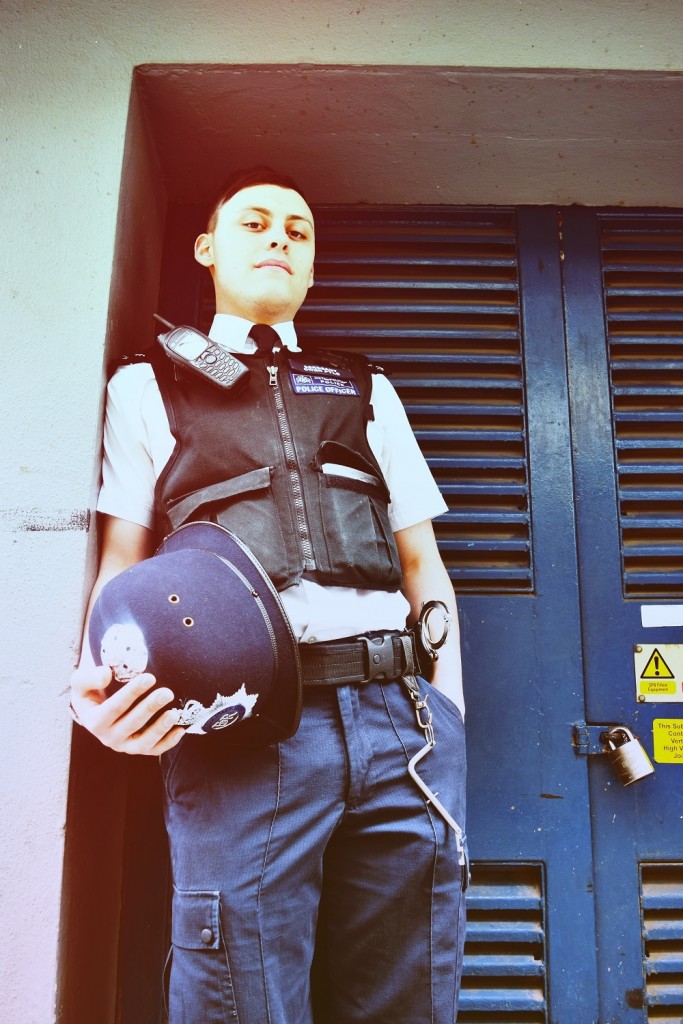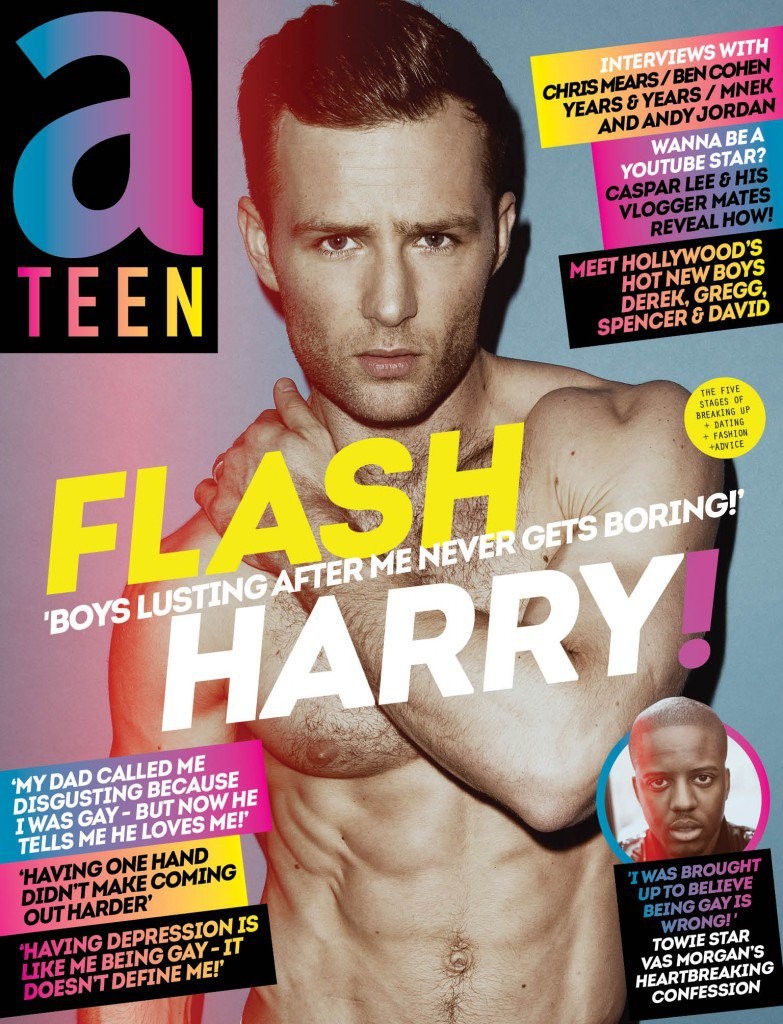Out in the police: Three officers speak to aTEEN
By Will Stroude
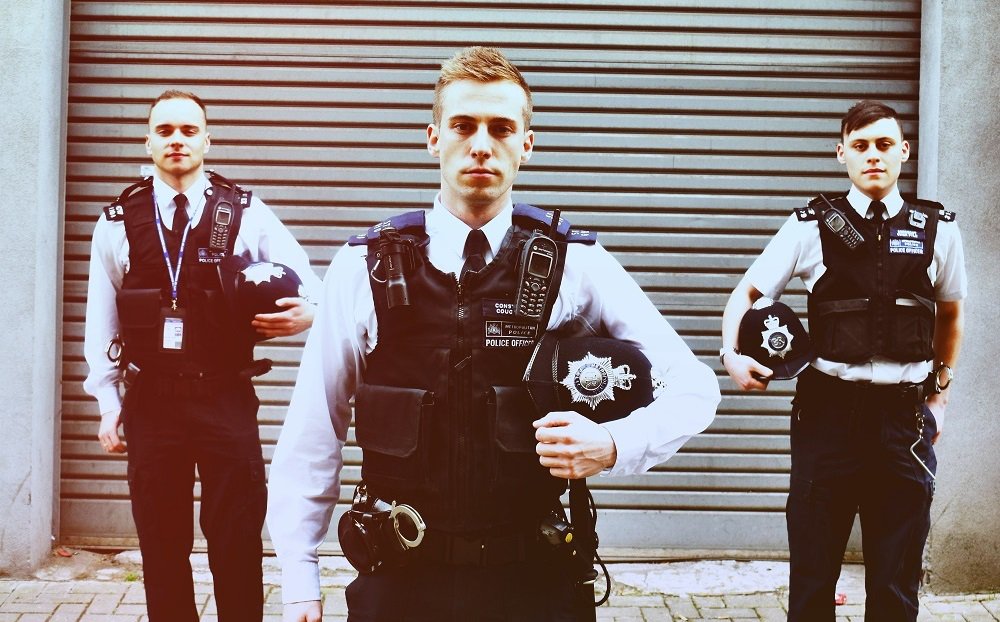
Yesterday,(May 20), we reported how gay Metropolitan Police officer PC Dan Lichters was subjected to an onslaught of bullying and abuse from his colleagues because of his sexuality. But thankfully it appeared to be a rare case in a force that has over the years welcomed more and more out officers.
In the current edition of aTEEN magazine, Owen Pyle and Martin Coughlan, and former Commonwealth swimmer Martin Cremin reveal why they joined the police force and how they’ve found the force very accepting of gay officers.
POLICE RECRUIT MARTIN CREMIN, 23, LONDON
When did you decide that a life in the police was for you?
I joined The Met in January this year, but before that I was at Police Scotland for almost two years. I’ve been interested in joining since I was a kid. I started thinking about it seriously whilst at university. I was still swimming full time then and was unable to fully commit as the police training college is residential in Scotland. I decided to apply to the specials, that way I could focus on swimming and still get a taste of what the job involved.
Being gay, did you think it would be an accepting career to pursue? What’s been the reality?
Definitely. Police forces across the UK score highly in terms of diversity awareness. The policies in place for LGBT employees offer real protection from bullying and other forms of discrimination that may have been an issue several decades ago. The Met has a zero tolerance approach to any kind of discrimination, which is very reassuring; I was completely comfortable being myself from day one.
Have you met other gay policemen in the force?
I have, and some of my friends from outside work are also in the police force. There is also a strong LGBT representation within the intake that I’ve trained alongside. It was such a nice surprise on the first day when we arrived as new recruits; none of us had ever met before and were perfectly comfortable sharing that with our colleagues. Things have changed a lot in recent years. I have friends in other professions that would never dream of coming out to their co-workers and as a result have a completely separate work persona. I could never live like that.
Is there an LGBT network in place should you need help in any other way?
I was a member of the gay police association when I was at Police Scotland. I’ve yet to explore what there is available within the met, but I know that LGBT officers are encouraged to take part in the annual London Pride march. I’d like to do that. In terms of seeking help or support, I don’t think it has to be LGBT specific, there is a strong structure of support for all officers and line managers are well trained in all sorts of diversity issues. I do some work with Stonewall around anti-bullying in my spare time and as someone who stands up for equality I’m proud to call The Met my employer.
You’re a successful swimmer, why the career change?
It was always my long term plan to retire after Glasgow 2014. I’ve achieved everything I set out to do in my career and a home Commonwealth Games seemed like the perfect way to finish. Being a full time athlete is extremely demanding and brings with it a lot of constraints in terms of lifestyle. I will never regret any of the sacrifices that I’ve made for sport, I’ve loved every minute, but I’m really enjoying having a little more freedom now. A lot of swimmers struggle with transitioning to ‘normal’ life after retirement. I’ve been very lucky to jump straight into a career in a new city where I’m very much looking forward to a new and exciting chapter in my life.
POLICE CONSTABLE MARTIN COUGHLAN, 27, LONDON
When did you decide that a life in the police force was for you?
I have been with the Metropolitan Police Service since February 2007. I sort of fell into this career and have never looked back since. A friend of mine had joined the service back in 2006. We spoke one evening and he said how much of a good time he was having. I was still undecided about the path I wanted to take in life so I decided to apply and now and I can’t imagine doing anything else.
Being gay, did you think it would be an accepting career to go?
I was quite young when I joined and lacked a lot of life experience. Growing up I didn’t have any contact with the police, so I didn’t really know what to expect. I had concerns that I wouldn’t be accepted or fit in being gay, but these concerns were quickly eliminated.
What’s been the reality?
The Met has been amazing to work for. In just over eight years, I have not had one single incident where anyone has had an issue with my sexuality, nor has it hindered my progress in any way. I have always been completely open with colleagues who ask about a partner and have never had an issue when telling anyone about my life. I think when you work as part of a team everyone becomes pretty close to one another as you always have each other’s back. I have never felt outside of this circle.
Have you met any other gay policemen in the force?
Yes – gay, lesbian, transgender, you name it. Having had a good experience personally with being gay in the police, I became involved in numerous projects aimed at boosting confidence in the service from a public perspective. The work was mainly focused on increasing the reporting of hate crime and same sex domestic violence. I also take part in the London Pride Parade most years as part of the uniform police contingent.
Is there a community there?
Yes, I’d like to think so. I do have a group of LGBT officers that I’ll regularly hang out with outside of work. To be honest though, there is never a divide when going out with a team or other friends at work. Everyone is very inclusive. I think having a good work life balance is good for everyone in the job.
Is there an LGBT network available should you need help in any other way?
Yes, most definitely. I am one of the Met’s trained LGBT Liaison Officers. If another officer has an issue they specifically want to speak to a LGBT officer about we are well advertised on our command units for people to reach out to us should they need help.
POLICE CONSTABLE OWEN PYLE, 23, LONDON
When did you decide that a life in the police force was for you?
I joined as a Special Constable in 2009, and then was recruited as a PC in December 2011, after I graduated from university. While at university I had a friend I met through the LGBT Society who was a special constable. I’d always had an interest in the police – my Dad had done lots of work with the police when I was younger, and when had a chance to shadow some officers it just looked like a really fun career. My friend kept encouraging me to sign up as a Special, telling me what good fun it was and I’d really enjoy it. I went to an Open Day, did some research and put in an application. Six months later, I went on my first shift patrolling Soho and I absolutely loved it. When I graduated, the Met were just recruiting for new PCs to join. I applied and was accepted. I’ve always enjoyed serving the public and helping people so that drew me in. Also I really didn’t want a job that involved sitting behind a desk all day – I wanted variety, action and an opportunity to do what I loved.
Being gay, did you think it would be an accepting career to go?
I wasn’t totally sure, but I guessed that it would be as I joined on the advice of a gay friend and he was very positive.
What’s been the reality?
I’ve only ever had positive experiences with my colleagues and managers. If there was any homophobia or discriminatory behaviour it would be challenged, and if a person was homophobic they wouldn’t last long in the Met. My supervisors and senior managers have all been really supportive of the LGBT Liaison work I’ve done; they’re all aware of the importance of it, and of using my knowledge of the gay community to help in this.
Have you met other gay policemen in the force?
Loads! There are lots of gay police officers across the whole organisation.
Is there a community there?
There is a really strong community. The LGBT liaison officers all know each other, so we can share information and quickly address any issues that arise. There are regular LGBT Liaison officer conferences, meetings and events. I’ve made some really good friends through meeting other gay officers.
Is there an LGBT network there should you need help in any other way?
There is a Gay Police Association being developed, so that will be a good national network. But I’ve found that if I’ve needed help or support, there’s an informal network that I can turn to. There are lots of really knowledgable and really helpful gay officers who are very good at what they do, who I feel really confident and comfortable turning to if I need some advice or support, be it professional or personal.
It takes a big team to police a city as large, diverse and exciting as London. Visit the Met’s careers page at content.met.police.uk/Page/Careers to find out more about the different roles including new police constables, experienced officers, Police Community Support Officers (PCSO), police staff, special constables, and Metropolitan Police Volunteers (MPV).
Read more stories from our gay policeman in the current issue of aTEEN, available to download now from Pocketmags.com/aTEEN. The issue also includes interviews with the likes of Harry Judd, Years & Years, Ben Cohen, Chris Mears, and TOWIE’s Vas Morgan.
More stories:
Harry Potter’s Matthew Lewis is Attitude’s new cover guy
Watch: ‘Heterophobic’ taxi driver turns the tables on straight customers

